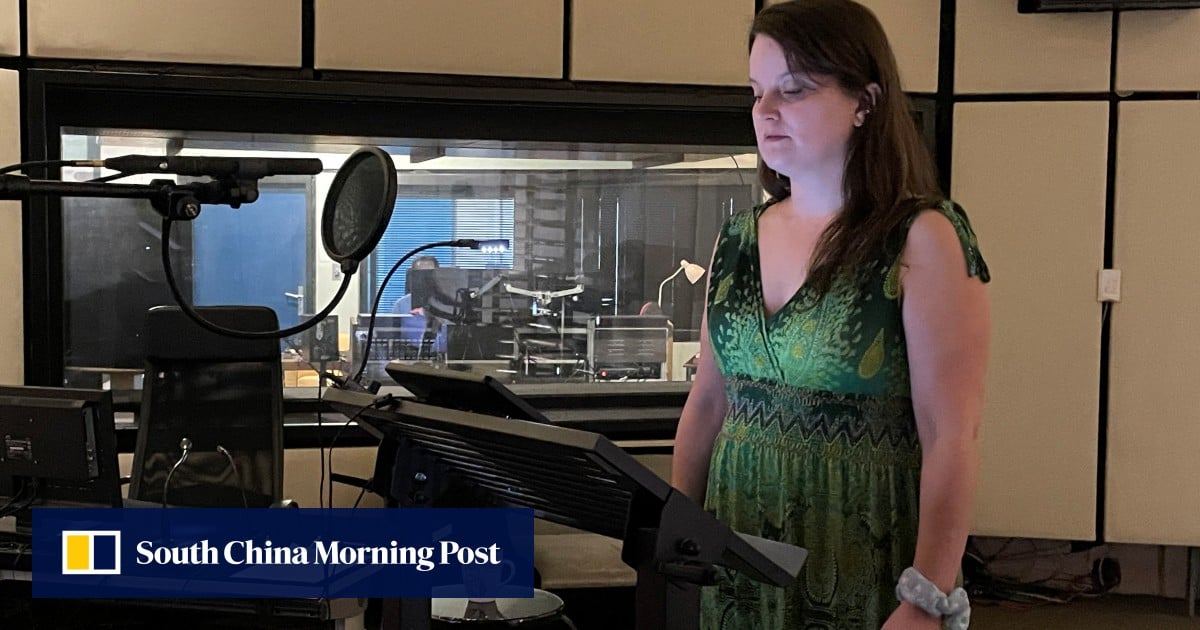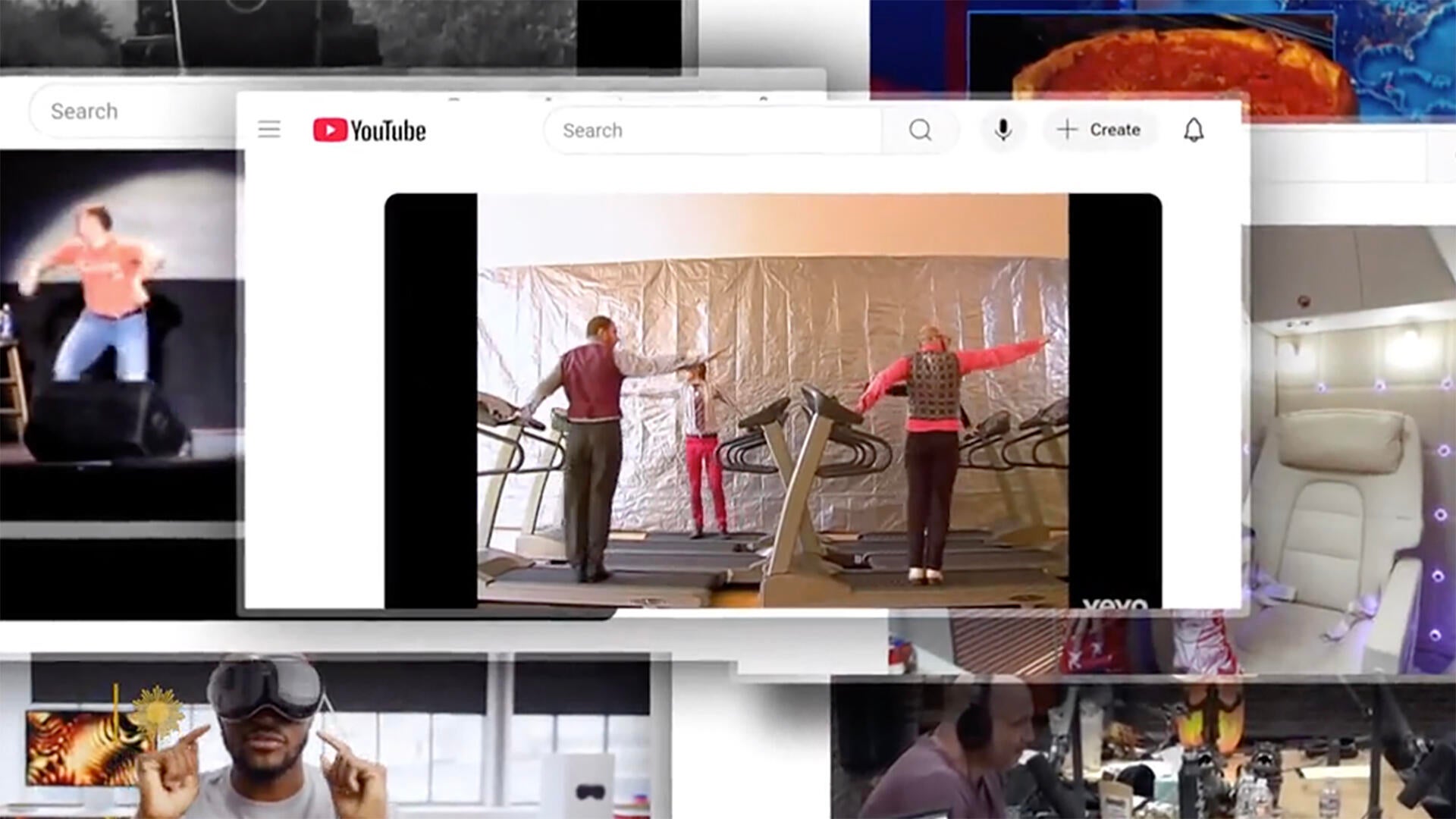AI Voice Cloning Threatens Dubbing Industry: Actors Demand Regulation

The world of voice acting, particularly in the dubbing industry, is facing a seismic shift. Artificial intelligence (AI) is rapidly evolving, and its ability to convincingly replicate human voices is sparking both excitement and deep concern among professionals. Many voice actors are now voicing fears that AI voice cloning technology will ultimately replace them, leading to job losses and a devaluation of their craft. The growing use of AI in dubbing, initially touted as a cost-effective solution for studios, is now prompting calls for regulation to protect the livelihoods of those who have dedicated their careers to bringing stories to life in different languages.
The Rise of AI Voice Cloning in Dubbing
For years, dubbing has relied on skilled voice actors who meticulously synchronize their performances with the original audio, capturing not just the words but also the nuances of emotion and delivery. The process is complex and requires significant artistry. However, recent advancements in AI, particularly in voice cloning technology, are changing the landscape. AI can now analyze a voice actor's performance and create a digital replica capable of generating new dialogue in various languages. This technology promises faster turnaround times and reduced costs for studios, making it an increasingly attractive option.
Industry Concerns and Calls for Regulation
The potential benefits for studios are undeniable, but the impact on voice actors is causing significant anxiety. “We’re not against technology,” explains Sarah Jenkins, a veteran voice actor and spokesperson for the newly formed ‘Voice Actors for Fair AI’ campaign. “But the current pace of development, and the lack of regulation, is deeply concerning. We're seeing studios experimenting with AI voice cloning for entire projects, effectively bypassing human talent. This isn't about resisting progress; it’s about ensuring a fair and sustainable future for our industry.”
The core of the concern isn't just about job displacement, but also about the potential for a decline in quality and authenticity. While AI can mimic a voice, it often struggles to replicate the subtle emotional cues and improvisational skills that human actors bring to their performances. Furthermore, the ethical implications of using someone’s voice without their consent or fair compensation are also being raised.
Voice actors are now lobbying for regulations that would address these concerns. Key demands include:
- Transparency: Requiring studios to disclose when AI is used in dubbing projects.
- Consent and Compensation: Ensuring voice actors are properly compensated and provide explicit consent for their voices to be used in AI training and replication.
- Quality Standards: Establishing minimum quality standards for AI-generated dubbing to prevent a decline in overall quality.
- Protecting Original Performances: Safeguarding the integrity of original voice actor performances and preventing AI from being used to create unauthorized derivative works.
The Future of Dubbing: Collaboration, Not Replacement?
While the outlook may seem bleak, some industry experts believe that AI and human voice actors can coexist. Rather than replacing actors entirely, AI could potentially be used as a tool to assist them, for example, by generating initial drafts of dialogue or providing voice samples for different languages. The key, they argue, is to ensure that AI is used responsibly and ethically, with the well-being of voice actors at the forefront.
The debate over AI’s role in dubbing is far from over. As the technology continues to evolve, it’s clear that regulation and ongoing dialogue between industry stakeholders – studios, voice actors, and technology developers – will be crucial to shaping a future where both human creativity and technological innovation can thrive.





